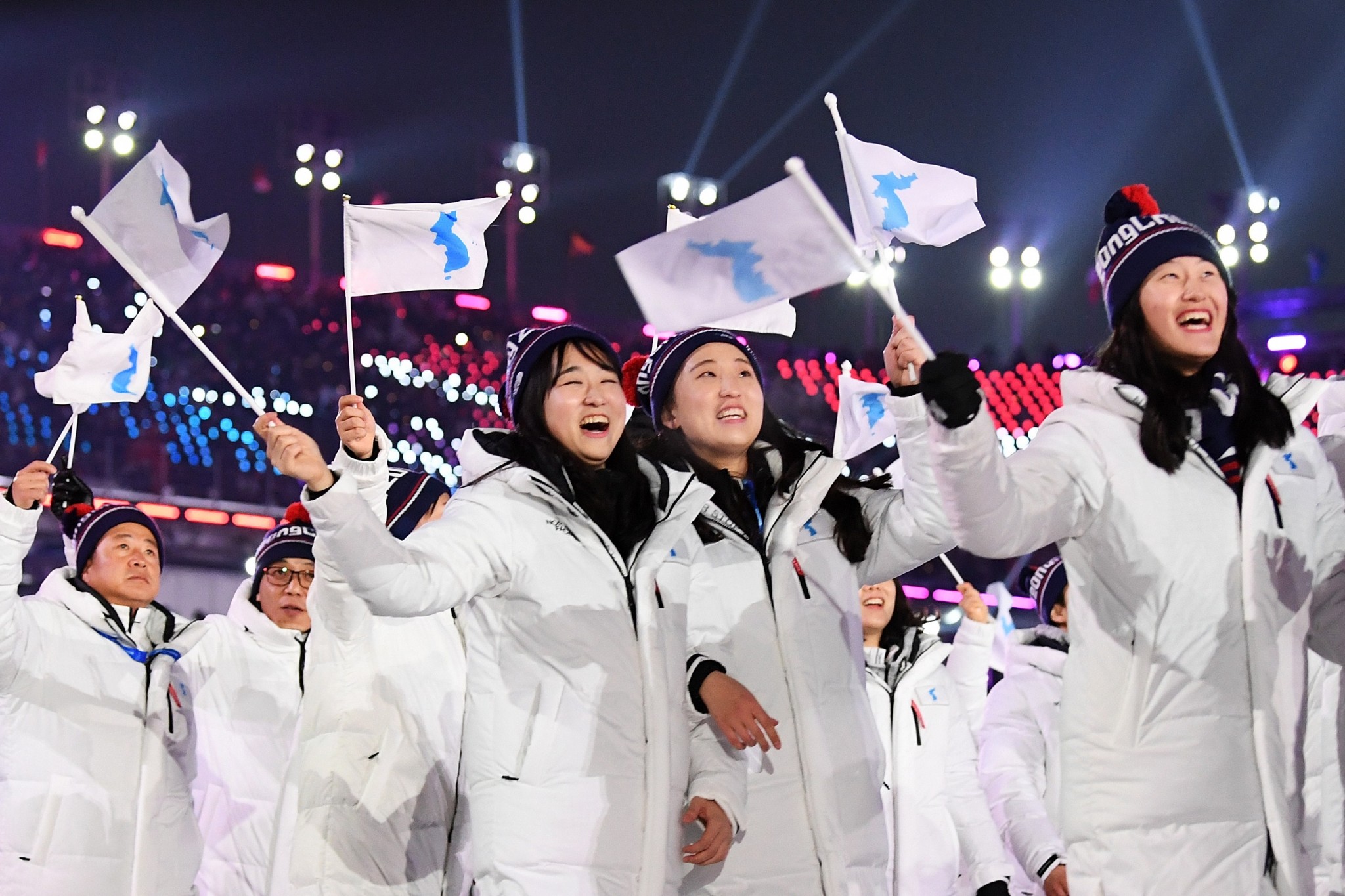North Korea is Ditching Olympics This Summer
By Michael Morano
International Writer
North Korea has recently announced that the country will not be participating in the upcoming Summer Olympics in Tokyo due to Covid-19 concerns. This is now causing problems for not only the International Olympic Committee (IOC), but for South Korea as well.
The decision to withdraw from the games was made on March 25 following a meeting with the country’s Olympic committee and the country’s sports minister, Kim Il Guk. This will be the second time that North Korea would not participate in the Olympics, with the first time being their boycott of the 1988 games in Seoul. Despite this announcement, the IOC has stated that it had not received “an official application” from North Korea to make this move. The IOC had also attempted to hold a telephone conference with the country multiple times to discuss the country’s COVID-19 situation, but to no avail. While North Korea has stated that the country has had no cases since the beginning of the pandemic, the country has still taken measures against the virus, such as closing its borders, putting foreigners into quarantine, and forbidding vehicles from entering or leaving the country.

North Korea’s decision also causes bigger concerns for South Korea. South Korean President Moon Jae-in and the South Korean Unification Ministry had hoped that the upcoming games would be a means to continue peace talks and progress between the two countries. The two Koreas are technically still at war, as the Korean War was ended with a truce rather than a peace treaty. Tensions on the Korean Peninsula had also risen in March due to the North resuming its missile tests. It also poses a problem for a plan agreed to between Moon and North Korean leader Kim Jong-un for an effort to pursue a joint North and South Korean bid to host the games in 2032. Moon had hoped that this progress would be a continuation of the breakthrough made during the 2018 Winter Olympics, when athletes from both countries marched under a unified Korea flag during the opening ceremony along with the formation of a combined women’s ice hockey team. The 2018 games also marked the first time that a member of the Kim family visited South Korea, when Kim Jong-un’s sister, Kim Yo-jong, attended the opening ceremony, which also helped to reduce tensions.
There are also some concerns involving the host country Japan. North Korea and Japan also have their fair share of tensions, stemming from the Japanese occupation of the Korean Peninsula before and during World War II as well as the North’s continued missile tests. The largest concern is the status of COVID-19 in Japan by the time the games start in July. The country had already announced that it will not allow international fans to attend, but there are still warnings that the games could be a “superspreader” event.
Contact Michael at michael.morano1@student.shu.edu
